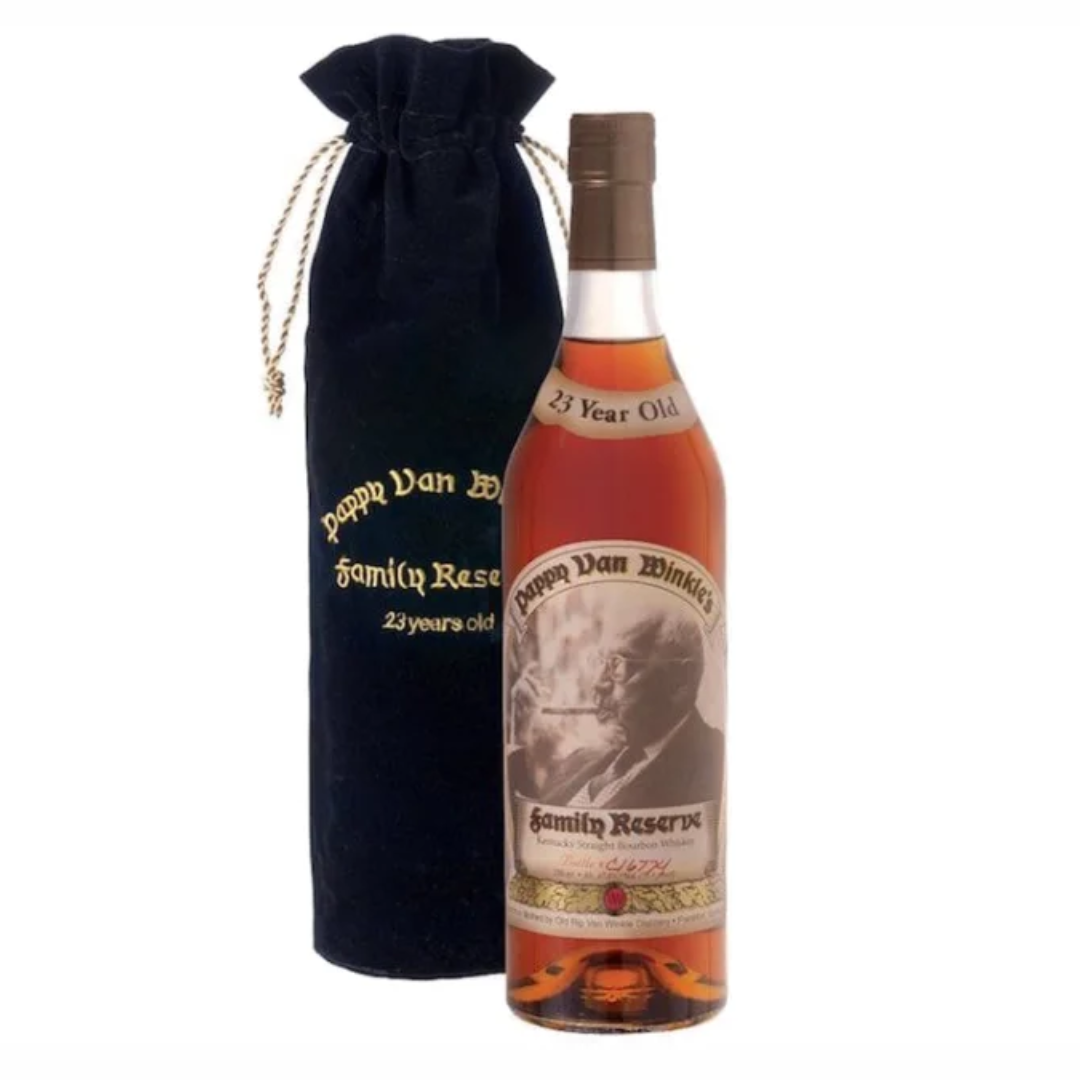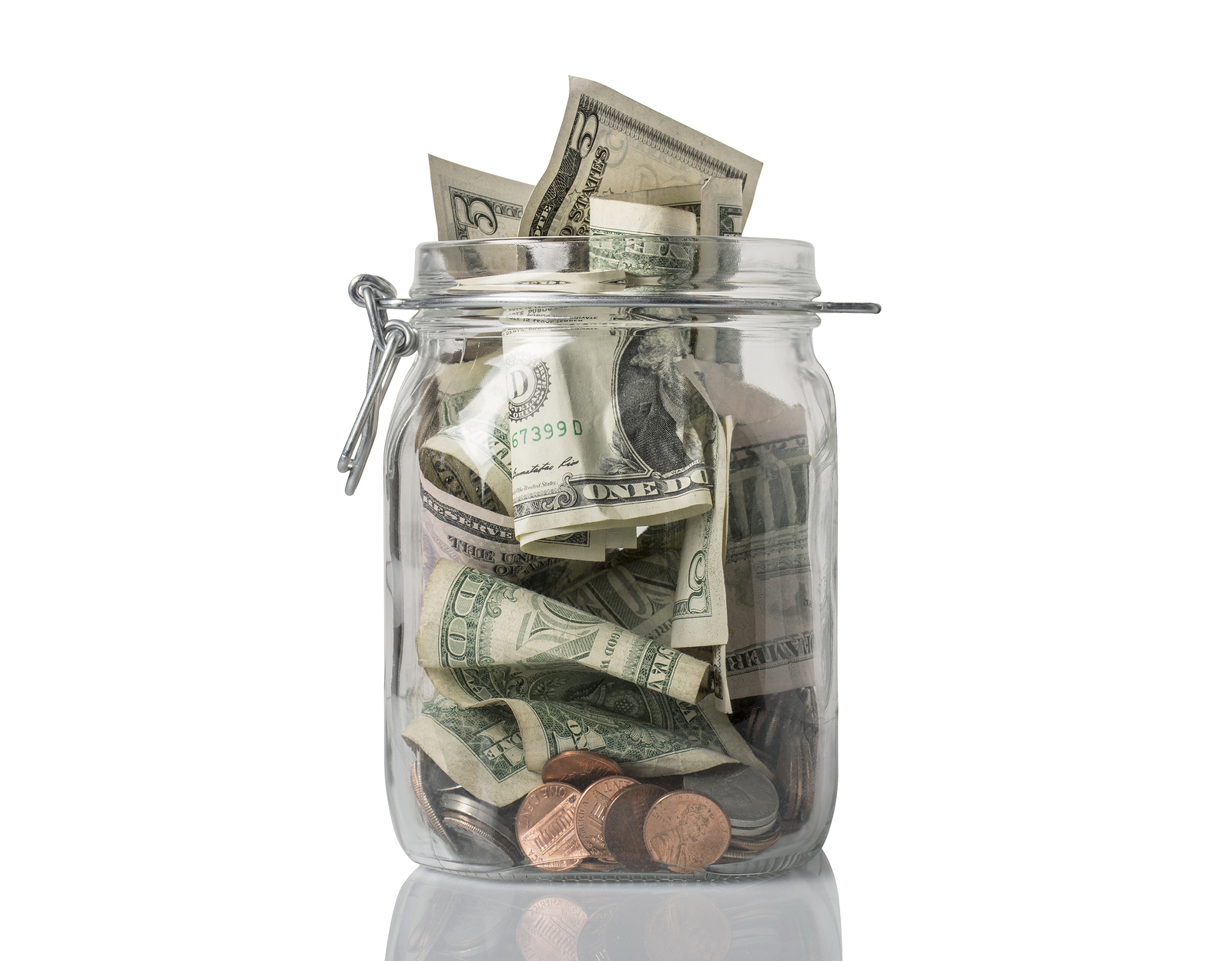Pennsylvania Taproom and Restaurant Guide to Reopening

Finally, there may be a light at the end of the quarantine tunnel for many licensed businesses that have had to close due to Governor Wolf’s shut down of non-essential businesses. On April 22, Governor Tom Wolf expanded on his plans for the reopening of the Pennsylvania economy with a “target date” of May 8.
Pennsylvania Reopening Phases
More specifically, the Governor’s plan involves the reopening of the Pennsylvania economy in three phases like a stoplight: a red phase, a yellow phase, and a green phase. To get to the next phase, an important guideline Pennsylvania will use is whether a county has a 14-day average of 50 or fewer new cases per 100,000 residents, which some counties already meet for a potential move to the next phase on May 8. Additionally, Pennsylvania will look at the stability of local hospital systems, the availability of testing, and the availability of contact tracing. Based on this, it could be a long time before some counties make it to the green phase. And, unfortunately, it is only the green phase where taprooms and restaurants will see an opportunity to open for on-premise service.
Currently, the “stay-at-home” order has all counties already operating within the confines of the red phase and the Governor is currently considering moving those counties in northwest and north-central regions of Pennsylvania into the yellow phase. Within the yellow phase, restaurants and bars will still be limited to carry-out and delivery only; however, stay-at-home social restrictions will be lifted in favor of aggressive mitigation. This will hopefully lead to more people out of the house and an increase in carry-out sales for bars, restaurants, and breweries. While many counties in the eastern and southwestern parts of Pennsylvania will remain in the red phase past May 8, as COVID-19 cases decrease, these counties will move to the yellow phase. Once a Pennsylvania county has been within the yellow phase for at least a two-week period with no rebound, those counties will then be moved into the green phase where most, if not all, of the stay-at-home business closure orders will be lifted and reopening of the bars and restaurants will be permitted to continue dine-in operations.
While it may be some time before restaurants and bars in Pennsylvania are fully reopening, licensed businesses should already be planning on how to protect their customers and employees from the continued spread of the virus. Even when a county enters the green phase, employers of any opened business will be required to follow the Governor’s order and CDC guidelines, which still require employees and customers to wear face masks whenever on the business premises and provide enough space for employees to work safely. Businesses should begin planning for various mitigation techniques which will keep both your customers and employees safe and prevent any rebound of cases. Several organizations are preparing “best practices” guidelines and state and federal governments will continue to have and provide minimum requirements. We have been closely following published materials and offer this “Top 20” list of recommended practices and will note where such practices are already mandated by the Governor’s orders:
Pennsylvania Mandated Requirements, Guidelines, and Best Practices
- Require and provide masks for all employees.
- Require all patrons to wear masks. We recommend a sign be posted at entrance to notify customers and provide a phone number to arrange “touchless” pick up so patrons who don’t have masks can get meals “to go.” Signs should also highlight social distancing and thank patrons for their patience during this crisis.
- Stagger employee work start and stop times.
- Provide hand washing breaks (at least every hour) and sufficient hand sanitizer, which contains at least 60% alcohol as per CDC guidelines. In addition to breakrooms and bathrooms, hand sanitizer should be available at exits and entrances.
- Provide alternative language messages for employees who don’t speak English.
- Provide non-contact, infrared thermometers to test employees’ health (if one of your employees tests positive for COVID-19, Pennsylvania mandates temperature checks and certain cleaning protocols). Encourage employees to report any illness and do not require doctor notes to verify illness. Patron temperature checks (100.4° F) are discretionary.
- Only permit patrons to be seated by reservation to prevent gatherings to wait for a table. You may want to consider text messaging patrons to notify table availability. Marking spaces on the floor every six feet before the hostess stand is recommended. If possible, making separate, dedicated entrance and exit is preferred.
- Provide protective plexiglass/plastic barriers at registers. You may also provide touchless payment options for mobile phones.
- Provide high risk and elderly persons special access at least once a week.
- Clean all surfaces and credit card machines every hour. Use EPA registered disinfectants.
- Reduce seating capacity to 50% of your certificate of occupancy requirement. Note: this percentage is subject to change and some states have mandated as low as 25% of seating capacity and others have mandated 1 patron per 50 square feet of retail space. Tables should be separated by at least six feet.
- Reduce guest counts to four per party. Some states have limits of six per party.
- Cease offering food buffets, salad bars, and any other self-service of food. Remove unwrapped straws and cut lemons from the self-service water areas.
- Disposable menus or mobile ordering apps should be considered, and, at a minimum, all silverware should be covered when delivered to a table. Avoid pre-set tables of open plates, silverware, and condiments. Rolled silverware should be performed with gloves. Any non-disposable menus should be laminated so they can be cleaned.
- Employees, and especially food handlers, should wear gloves and need to be trained on proper safety measures in utilizing gloves.
- Where appropriate, plexiglass barriers should be installed separating fixed seating, like booths.
- Ensure managers have up-to-date ServSafe Manager certification and at least one manager per shift should be certified.
- If providing “grab and go” products, stock coolers to no more than minimum levels.
- Between seatings, clean and sanitize table condiments, check presenters, tabletops, seats, and common touch areas.
- Use message boards or digital messaging instead of pre-shift employee meetings.
This list is in a separate, printable pdf here: “Ted's Top 20.”
Reopening Business Preparation
Licensed businesses should also have a plan in place to help track and mitigate the spread should any employee test positive for the virus. Should an employee be diagnosed or exposed to a possible or confirmed case, the business should immediately require all workers to undergo temperature screenings before re-entering the workplace. As mentioned above, if any employee is tested with a temperature higher than 100.4° they must immediately be sent home and required to isolate. Further, areas visited by suspected infected persons should be immediately closed off, and all doors and windows should be opened to increase air circulation. After a minimum of 24 hours and once the property has been ventilated, the property should be thoroughly cleaned and disinfected, focusing especially on frequently touched surfaces.
After what feels like an excruciatingly long period between the end of March through April, it finally appears that we are getting closer to restarting our lives, but it will be in ways that are different than they were before the COVID-19 pandemic. While licensed businesses in Pennsylvania will remain restricted for the foreseeable future, it is important that they put reopening plans in place now, so they are ready to hit the ground running and, hopefully, make up for lost time.
For information regarding national and state liquor law matters or general manufacturing and distribution advice, please contact our Liquor Law, Licensing, Manufacturing, and Distribution Practice Group: Liquor Law Department Chair Theodore J. Zeller III, Esquire (tzeller@norris-law.com); David C. Berger, Esquire (dberger@norris-law.com) for Pennsylvania and New Jersey retail and manufacturing licensing; or contact our offices at 610-391-1800.
The information contained in this post may not reflect the most current developments, as the subject matter is extremely fluid and constantly changing. Please continue to monitor this site for ongoing developments. Readers are also cautioned against taking any action based on information contained herein without first seeking advice from professional legal counsel. For more topics related to COVID-19, visit our Coronavirus Thought Leadership Connection.




